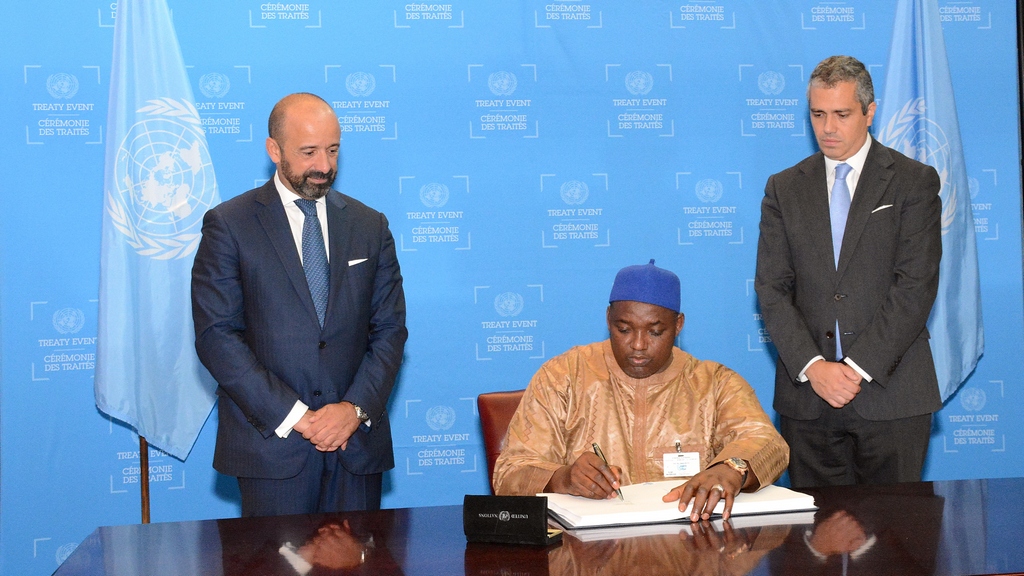Gambiaj.com – (BANJUL, The Gambia) – The Gambia experienced a revenue loss of D4.33 billion in 2024 due to duty waivers, raising concerns about the fiscal impact of such exemptions despite strides in revenue performance through improved tax administration.
Duty waivers are granted by the government to stimulate economic growth, enhance domestic revenue mobilization, and provide relief to key sectors. They are also designed to attract investment, support trade, and facilitate humanitarian efforts by exempting charitable organizations and government projects from customs duties.
However, the extensive use of waivers has sparked concerns about their financial implications. Critics highlight the significant revenue loss and potential compliance issues, prompting calls for a more structured duty waiver policy to ensure accountability and minimize misuse.
At a recent press conference, Gambia Revenue Authority (GRA) Commissioner General Yankuba Darboe explained that exemptions include duty waivers and special investment certificates. “There is a committee responsible for the Special Investment Certificate at the Ministry of Trade comprising the GRA, Ministry of Finance, and GIEPA. When this committee grants a duty waiver, they will contact the GRA for enforcement,” he said.
Darboe emphasized that the GRA maintains detailed records of all exemptions, which helps the government make informed decisions. “We ensure that all these given duty waivers or special investment certificates do a declaration to ensure that we have all the data to corroborate the numbers,” he added.
Among the waivers, the government has imposed zero duty and VAT on rice imports to alleviate food security concerns. Importers only pay a 5.1% processing fee, along with Eco and AU levies, which helps track import volumes.
Finance Minister Seedy Keita defended other exemptions, such as those for vehicles imported by the central government, citing their role in reducing financial burdens. “Motor vehicles purchased and imported by and in the name of the government shall be exempt from all taxes and fees,” he stated. This exemption, however, excludes public enterprises and government agencies, which are expected to generate their own revenue to fund such taxes.
Keita also announced the abolition of tax on green tea and the introduction of a 1% tax on air ticket sales and purchases.
Additionally, taxable goods and services related to donor-funded projects will be zero-rated for VAT, provided contractors and contracts are registered with the Ministry of Finance.
While these measures are aligned with government priorities, concerns persist over their impact on domestic resource mobilization.
Critics warn that extensive duty waivers could undermine fiscal stability, especially without rigorous guidelines to prevent misuse.
Keita assured that specific policies are being developed to ensure proper implementation and accountability. “This was informed by the principle that central government procurements are easier to manage and monitor, and that the central government is not a revenue-generating entity,” he said.
As The Gambia continues to navigate the trade-offs between fiscal incentives and revenue collection, experts stress the importance of balancing economic growth goals with safeguarding domestic resources.
Source: Standard Newspaper










